3.9.17 | UW–Madison News | Original Publication
Ten members of the University of Wisconsin–Madison faculty have been appointed to Wisconsin Alumni Research Foundation (WARF) named professorships in 2017.
The awards are intended to honor faculty who have made major contributions to the advancement of knowledge, primarily through their research endeavors, but also as a result of their teaching and service activities. This award cannot be conferred more than once to any faculty member.
The WARF Named Professorship awards are made possible by the significant research efforts of UW–Madison faculty and staff. Technology arising from UW–Madison research is licensed by WARF to industry. Income from successful licenses is returned to the Office of the Vice Chancellor for Research and Graduate Education to fund a variety of research activities throughout the divisions on campus, including these awards.
Award recipients chose the names associated with their professorships.
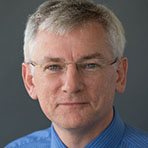
Nicholas Abbott, Paul J. Bertics Professor of Chemical and Biological Engineering, is director of the Wisconsin Materials Research Science and Engineering Center. He studies colloid and interfacial phenomena involving soft materials. His research has created two Madison companies, Platypus Technologies LLC and Imbed Biosciences Inc.
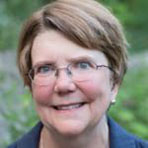
Jane Collins, Frances Perkins Professor of Community and Environmental Sociology, has made significant contributions in the sociology of labor, where her research focuses on how globalization is changing work relationships; and the economic sociology of value determination, where she studies how society draws boundaries between market and non-market transactions.
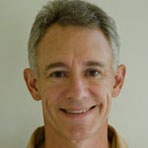
Charles DeMets, Alfred Wegener Professor of Geophysics, is known for his research on global-scale tectonic plate motions spanning the past 20 million years and for field- and laboratory-based studies of the earthquake cycle and tectonics of numerous regions in the Americas and the Caribbean.
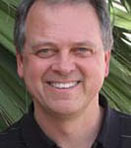
Jeff Hardin, Raymond E. Keller Professor of Zoology, is chair of the Department of Zoology. His research focuses on the genetic regulation of morphogenesis – the changes in cell movements, cell adhesion and cellular forces that shape embryos during development.
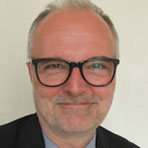
Jan Miernowski, Douglas Kelly Professor of French, is a visiting professor of the humanities at the University of Warsaw. His research interests pertain to literary aesthetics studied in a broad philosophical and cultural context. He has published on early modern French literature and its relationship to science and negative theology.
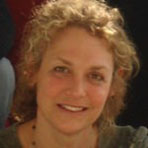
Paula Niedenthal, Howard Leventhal Professor of Psychology, is director of the Niedenthal Emotions Laboratory. Her studies focus on the roles of neural and peripheral physiology in the perception of affective information including emotional facial expression, gesture and language.
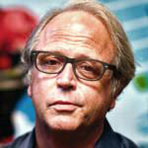
T.L. Solien, Jack Damer Professor of Art, is a nationally recognized artist and has exhibited worldwide in institutional, gallery and museum exhibitions. Solien currently teaches painting courses, which investigate contemporary concepts and methodologies of figuration.
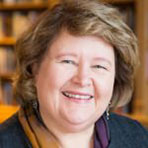
Aili Mari Tripp, Wangari Maathai Professor of Political Science and Gender and Women’s Studies, studies women and politics in Africa, women’s movements, transnational feminism, and African politics more generally.
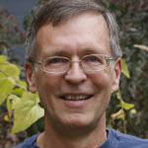
James Weisshaar, Richard J. Burke Professor of Chemistry, studies the spatiotemporal organization of the transcription and translation machinery in E. coli and the mechanisms by which antimicrobial peptides attack and kill bacteria.
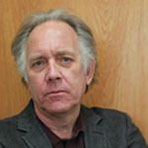
André Wink, Hendrik Kern Professor of History, has had a lifelong scholarly interest in the history of India and the greater Indian Ocean region. He is a senior fellow at the Institute for Research in the Humanities.